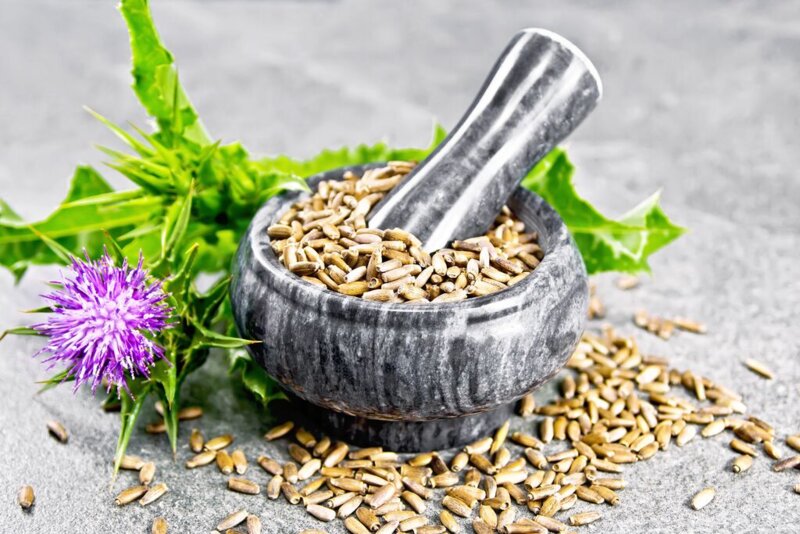- The perfect time for a nap is between 12 and 2 p.m.
- Regular periods of short sleep prevent cardiovascular diseases
- A power nap should not last longer than 25 minutes
Say goodbye to stress and say hello to well-being. What does resilience mean and how can you strengthen your mental health?

Are your nerves frazzled? Maybe they’re even completely fried? We want strong nerves and serenity, even in turbulent and stressful situations. A few tips and exercises can help you cope better with stress – for strong nerves, greater equilibrium and better mental health.
Stress is omnipresent
Have you ever had it where you've nearly reached the tram, only for the doors to close right in front of you, making you late for an important appointment? Or perhaps you've had a mountain of letters and bills waiting in your letterbox – not to mention the countless e-mails. We're all familiar with situations like these.
The stress we feel is a natural response produced by the body. The adrenal gland secretes the stress hormone cortisol, among other things. This provides the body with more oxygen and energy to act quickly. This is useful in the short term, but if alertness becomes a permanent state, it has negative effects on our mental functions and our mental and physical performance. It leaves us feeling constantly tense, nervous, frantic, potentially incapable of doing anything important and eventually leads to exhaustion. The body may also “complain” in the form of headaches, abdominal pains or sleep disorders.
A step towards better mental health
Everyone experiences stress differently and has their own way of dealing it. A person's response depends heavily on their general constitution, their state of mind on the given day and how they assess situations. Some people react less strongly to stress overall, while others feel stressed more quickly: the very idea of moving house might make one person break out into a sweat, while another might see the change of scenery as a challenge and an opportunity.
This mental toughness is also known as resilience. It is an important piece in the puzzle of mental health, which is a decisive factor for our well-being, performance and, last but certainly not least, our quality of life. So how can we strengthen our resilience and our mental health?
Say goodbye to stress and say hello to well-being
- The word relaxation already gives us a clue: the aim is to loosen up and free yourself from the stress hormones that have been released. Simple techniques can help: hold your wrists briefly under a cold tap, close your eyes and breathe consciously and deeply two or three times.
- Regular exercise is important. But don’t put yourself under any pressure: a quick walk through nature is good for the body and soul.
- Make sure you get enough sleep. A refreshing “power nap1” can also be enjoyed in the middle of the day.
- Nutrition has a major impact on our nervous system. Vitamin B12 is responsible for protecting and regenerating nerve cells. Vitamins C, B1, B2, B9 (folic acid) and magnesium and zinc supply the nerves with energy and promote the ability to concentrate. These vital substances are mainly found in nuts, dried fruits, fish, peppers, cocoa, avocados and pulses.
Ultimately, it's worth remembering that there are always situations in life that we simply cannot change. Let’s try living with acceptance and serenity, as the motto goes: less stress – more living!
How do I take a power nap?
Keep it short and sweet
The most important rule for a restful nap is not to let it become an extended sleep,
otherwise it will have the opposite effect and you will feel more exhausted after the sleep than you did before.
- Short naps must not last longer than 10-25 minutes
- As soon as your alarm rings, fight the urge to carry on sleeping and wake up properly
- If you take power naps regularly, you will quickly feel awake again.











